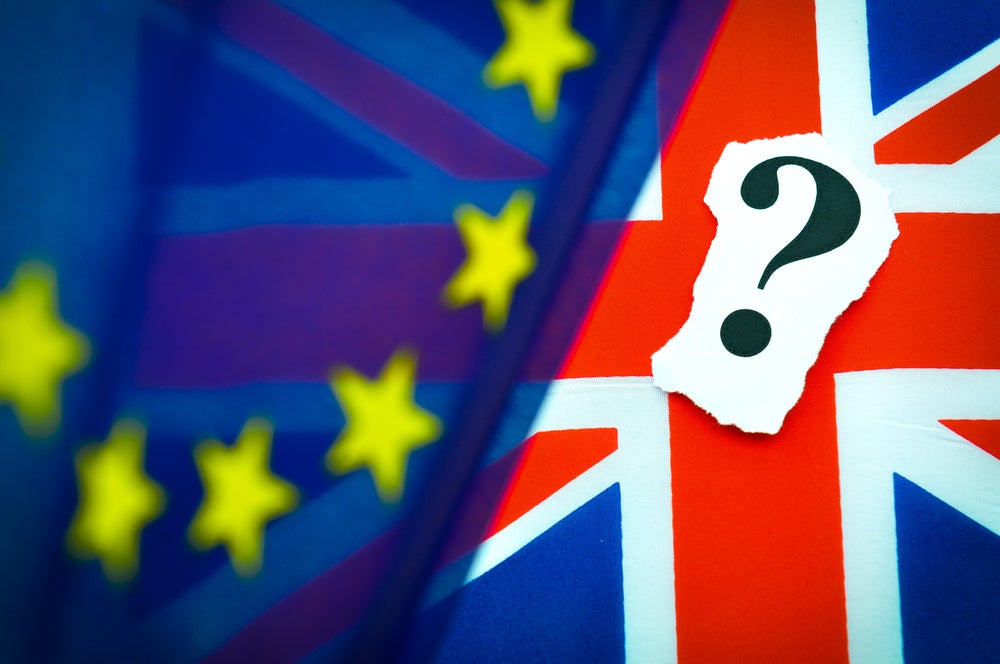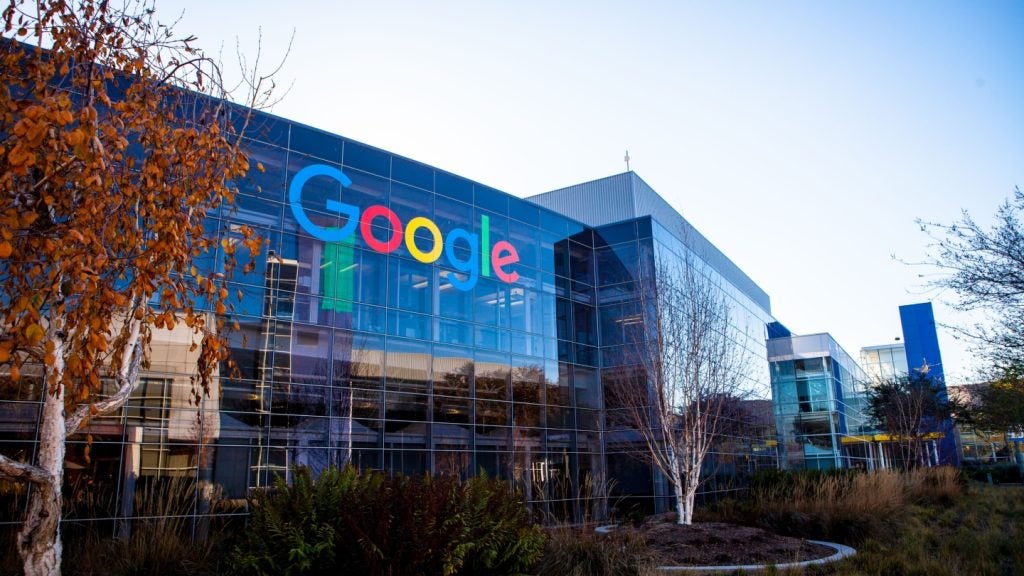
As Brexit uncertainty continues, the cabinet has accelerated preparations for a no-deal Brexit.
Theresa May’s withdrawal agreement is not due to be voted on until mid-January, and with Westminster deeply divided over the plans, no-deal planning has been ramped up.
Today The European Commission announced that it had begun preparations for a no-deal Brexit, and the UK government has designated £2bn for no-deal Brexit planning, leaving many across the technology industry and beyond to believe there is cause for concern.
Simply put, a no-deal Brexit would mean that the UK would leave the European Union without a trade arrangement with the EU, with the uncertainty created having a negative impact on the technology sector, which has until now thrived in the UK.
According to the BBC, ministers have agreed that businesses should activate their own no-deal contingency plans, making a no-deal Brexit a very real possibility.
The impact of a no-deal Brexit on the UK tech industry
A no-deal Brexit has significant implications not only for technology businesses wishing to operate in both the EU and the UK, but also on the flow of data between the two, regulations surrounding hardware, licensing, as well as the supply of tech talent from within the EU.
How well do you really know your competitors?
Access the most comprehensive Company Profiles on the market, powered by GlobalData. Save hours of research. Gain competitive edge.

Thank you!
Your download email will arrive shortly
Not ready to buy yet? Download a free sample
We are confident about the unique quality of our Company Profiles. However, we want you to make the most beneficial decision for your business, so we offer a free sample that you can download by submitting the below form
By GlobalDataCutting-edge technology may also struggle to keep up with advances, with Lord Clement-Jones CBE, Chair of the House of Lords Select Committee on Artificial Intelligence warning that the UK may fall behind the US and China in AI.
TechUK, a non-profit organisation that represents those within the UK technology industry, has voiced fears shared by many that uncertainty is having a negative impact on the field.
In a statement, techUK CEO Julian David said that the uncertainty surrounding the Brexit deal is putting tech companies of all sizes at risk:
“Digital businesses were assured that they would have clarity on Brexit by the end of 2018. Instead, they will now go into the New Year facing real uncertainty about the direct impact of Brexit on their business and its wider impact on the UK economy.”
“While tech businesses will prepare for a No Deal as best they can, the reality is that many of the hard challenges that tech companies would face in the event of No Deal cannot be ‘managed’ away. Commercial contracts, investment, staffing and data are all at critical risk in any No Deal Brexit and anyone suggesting otherwise needs to listen to the tech businesses of all sizes who will be directly impacted by a disorderly exit from the EU.”
David calls for clarity on what a Brexit agreement could look like, warning that digital business could fall behind otherwise:
“The Government has now confirmed that the vote will take place in the week of 14 January. This date must not move again. Time is running out to reach a Brexit agreement, and the digital businesses that are building the modern economy cannot wait much longer for certainty.”
Tier 2 visa changes see positive response
However, the industry has been more positive about the news that the cap on the number of Tier 2 visas may be scrapped. This type of visa is for workers who have a skilled job offer and a certificate of sponsorship from a UK employer, and are used often in the tech industry. This could impact the UK’s ability to attract new talent, especially crucial at a time when the country is facing a skills shortage.
According to Diginomica, founder of Tech London Advocates Russ Shaw emphasised the importance of the UK attracting much-needed talent in front of the House of Lords EU Internal Market Sub-Committee:
“We have to project a message about the openness we have here, that we really want to create a global Britain. We are going to have to change that message, because I’m worried and I’ve already seen people not wanting to come here because of that message.
“If we don’t fill these jobs, these businesses will struggle. The start-ups won’t become scale ups, the scale ups won’t become midsize companies, we will have fewer larger organisations. We need to solve this problem now.”
This comes on the day that PwC warned that the UK could slide down global rankings in 2019 as a result of Brexit. Even if the country avoids a no-deal Brexit, PwC projects real GDP growth of 1.6% for the UK, meaning it could be surpassed by other economies.
Although the global economy as a whole is projected to slow next year, this will be felt particularly in the UK as a result of a fall in the value of the pound, and slow growth in 2018.






